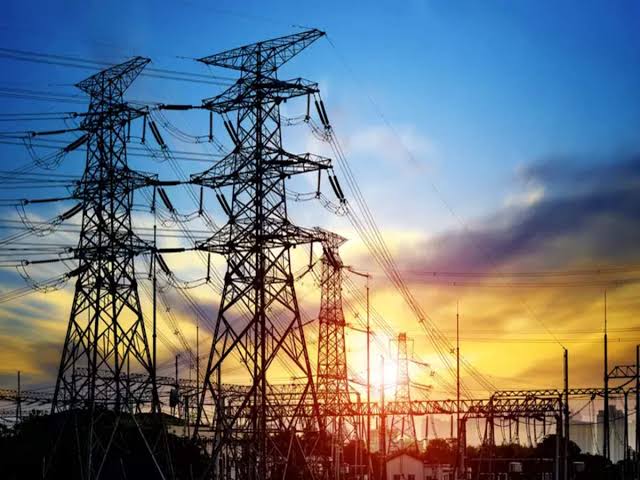
Official documents have disclosed that Independent Power Producers (IPPs) received tax exemptions totaling Rs168 billion from the federal government.
The Auditor General of Pakistan’s latest annual report indicates that the tax exemptions for 224 IPP owners were not adequately monitored, revealing gaps in the Federal Board of Revenue’s (FBR) oversight.
According to Section 53 (a) of the Income Tax Ordinance, 2001, electric power generation projects established in Pakistan after July 1, 1988, are eligible for tax exemptions if they meet specific conditions, including being owned by a registered company, not involving a split or reconstruction of an existing business, and not being government-controlled.
The audit observed that from FY 2018 to 2022, the government granted tax exemptions amounting to Rs 167.9 billion to 220 taxpayers in the IPP sector, provided they met the stipulated conditions. However, it also noted that since the introduction of the self-assessment system, completed tax returns are deemed assessment orders and can only be re-opened under specific circumstances, such as suspected income concealment or if prejudicial to revenue interests.
The report highlighted that detailed scrutiny of IPPs was lacking, allowing potential misuse of tax exemptions. It further noted that income from bank deposits, capacity charges, and dividends should be subject to taxation, an aspect that has been inadequately addressed in previous audits.
Despite the substantial tax exemptions granted, the report emphasized that issues within the power sector remain unresolved.
Audit suggests that the above tax expenditure may be monitored under the relevant law. Moreover, tax expenditure policy in respect of IPPs needs to be reviewed and interlinked with the power policy. The tax expenditure in respect of IPPs be monitored under the relevant law.
Moreover, tax expenditure policy in respect of IPPs be reviewed and interlinked with the power policy. A mechanism to ensure the monitoring of tax expenditure on IPPs has evolved.
Such a mechanism may include a certificate on 100 per cent production capacity utilisation by the concerned IPP and a subsequent audit by the FBR.
France is on edge as the death of an activist due to severe injuries from…
Punjab Information Minister Azma Bokhari has announced a comprehensive relief package during Ramadan to support…
Women’s Figure Skating Enters Milan-Cortina with Dazzling Talent and High Stakes The Winter Olympics in…
In the wake of a tragic incident where a 23-year-old activist succumbed to injuries sustained…
England’s T20 World Cup hero Tom Banton finally came into his own as an international…
The Shaukat Khanum Memorial Cancer Hospital (SKMCH) on Sunday addressed recent social media claims about…
This website uses cookies.